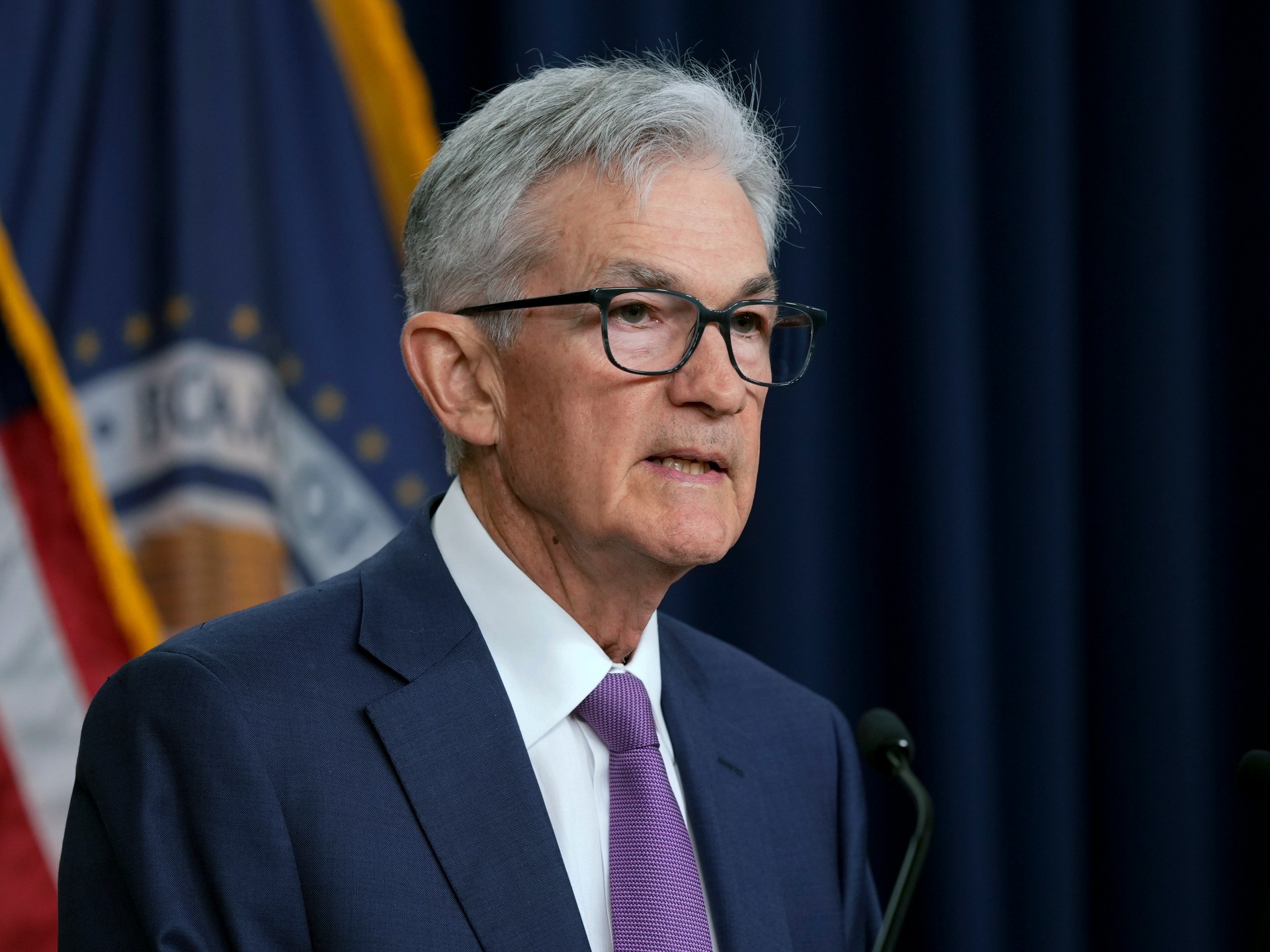Gambling
Explosive increase in young online gamblers since legalization

The number of young adult gamblers has increased explosively since the Netherlands legalized online gambling in 2021. Since that year, the number of active online gambling accounts registered to young adults aged 18 to 24 has increased by 340 percent to almost 300,000, Nieuswuur reported based on figures from the Netherlands Gambling Authority.
A quarter of active online gambling accounts belong to young adults, while the age group 18 to 24 makes up less than 10 percent of the adult population in the Netherlands. Young people often have accounts at multiple gambling sites.
Young people are susceptible to gambling, Derk van Enk, director of the Yes We Can clinic in Hilvarenbeek which helps young people with addiction and mental health problems, told the current affairs program. “The problem with online gambling is that the dopamine peak is greater than with sex, for example. You know how sensitive 18-year-olds are when it comes to sex. Imagine how that is with gambling.”
Nieuwsuur spoke to a young man who lost five years of his life and 100,000 euros to online gambling. He knew that gambling was not good for him, but he still did it. Sports betting was his thing. “With sports, you still feel like you have control, because you know which team is better than the other. I also kept Excel sheets. Then you think that you can calculate things and predict them, but that never happens.”
The young man bet at any time of the day. “During my work, I went to the toilet and bet. I also played a lot on basketball in America. Then I would pull all-nighters just to keep playing,” he said. He also bet on other sports. “The craziest Czech and Finnish leagues. Or football matches in America and table tennis matches in Ukraine with amateurs.”
It consumed around 70 percent of his time, the young man told Nieuwsuur. “And for 30 percent, I tried to keep life going. I think I enjoyed it too much. It’s really that dopamine rush that follows you.” He finally started therapy after his parents and girlfriend intervened. “I continued gambling for another month during therapy. I didn’t care what others thought until people really walked away from me. That’s when I broke down. That was the moment I wanted to stop myself.”
Young adults are relatively common in the central register for problem gamblers, CRUKS. Almost a fifth of the around 85,000 people on CRUKS are young adults.
In November, a report commissioned by the Scientific Research and Data Center (WODC) concluded that the gambling law is failing to protect people from addiction. State Secretary Teun Struycken for Legal Protection promised to give a substantive response to the WODC report before the end of the year.








